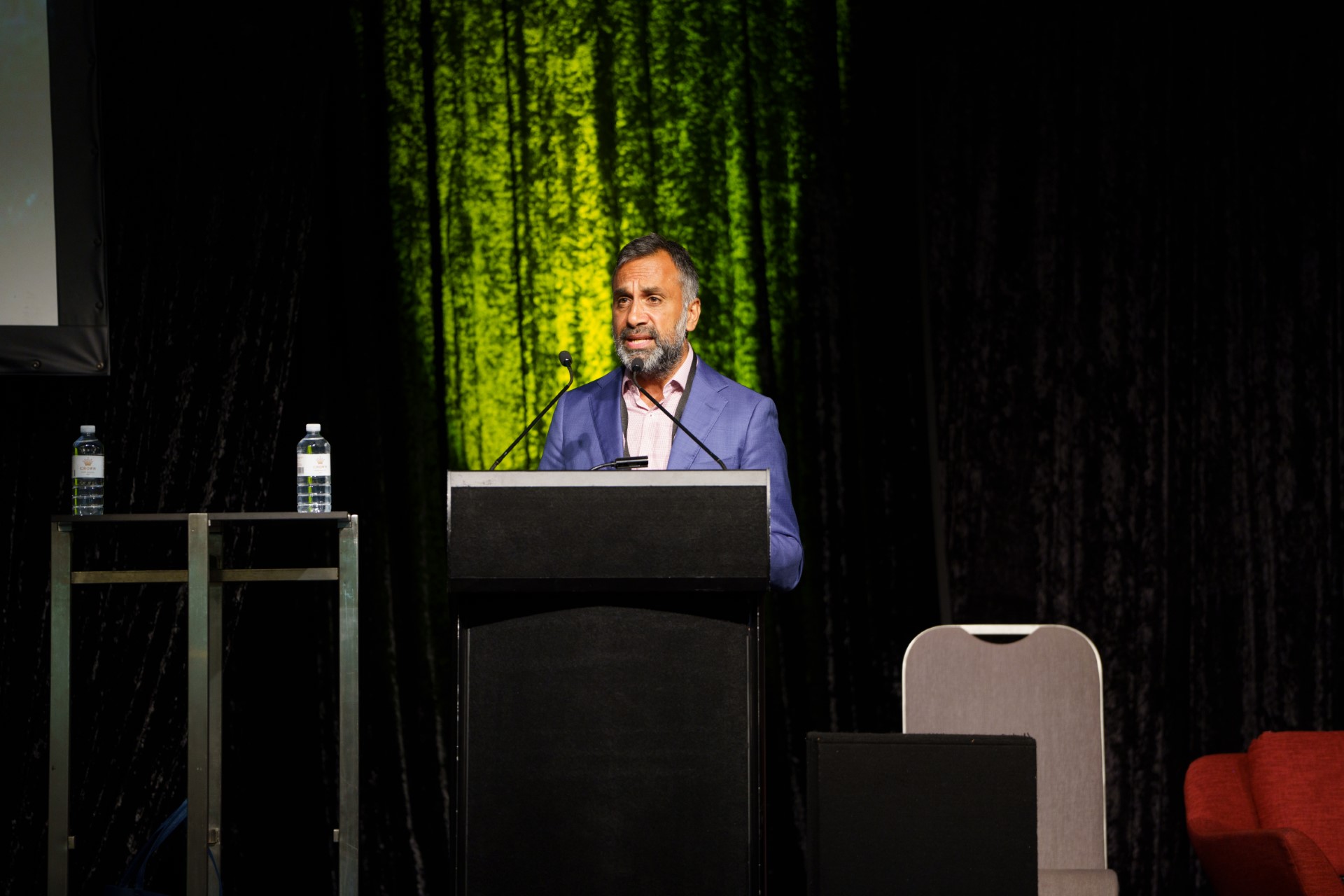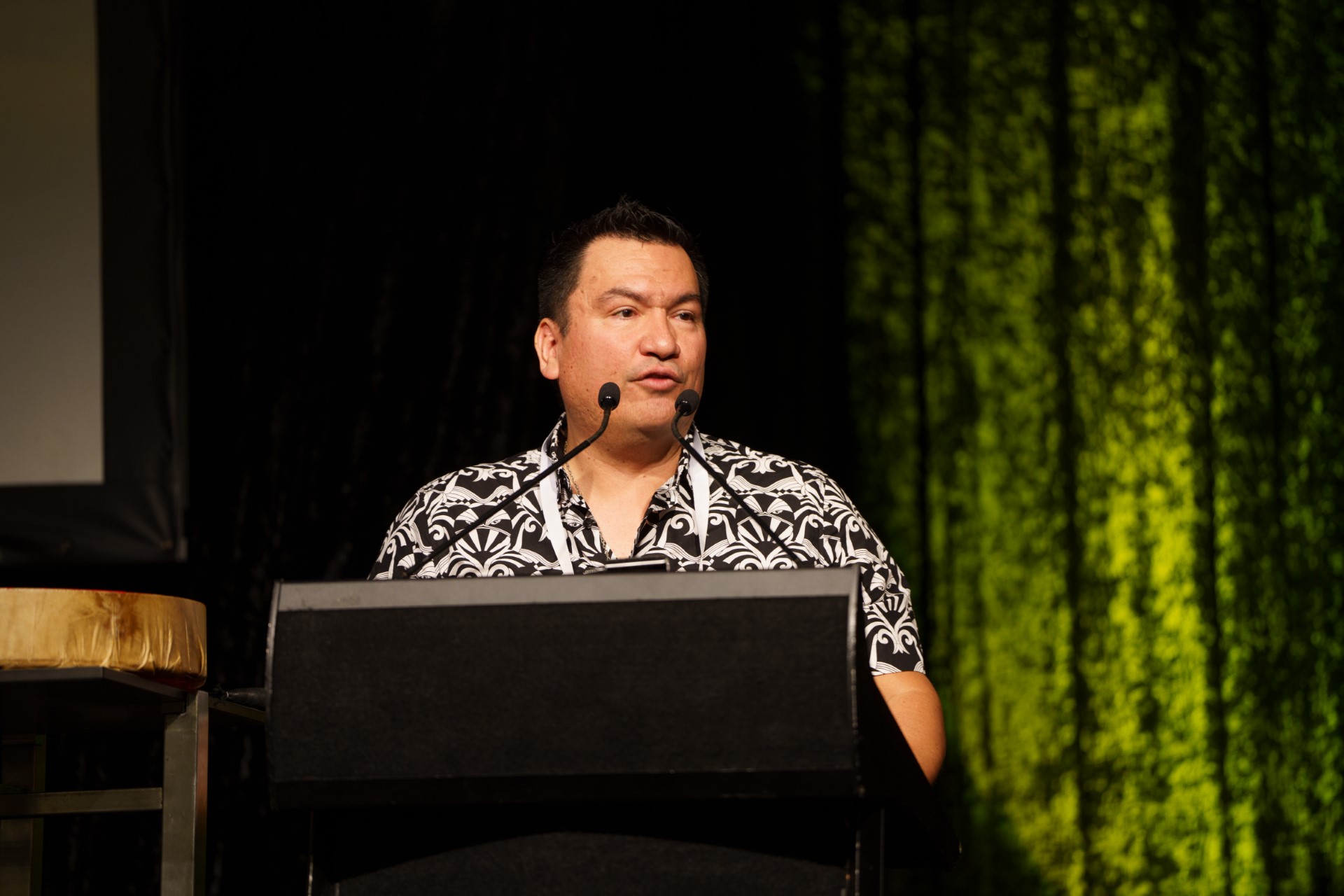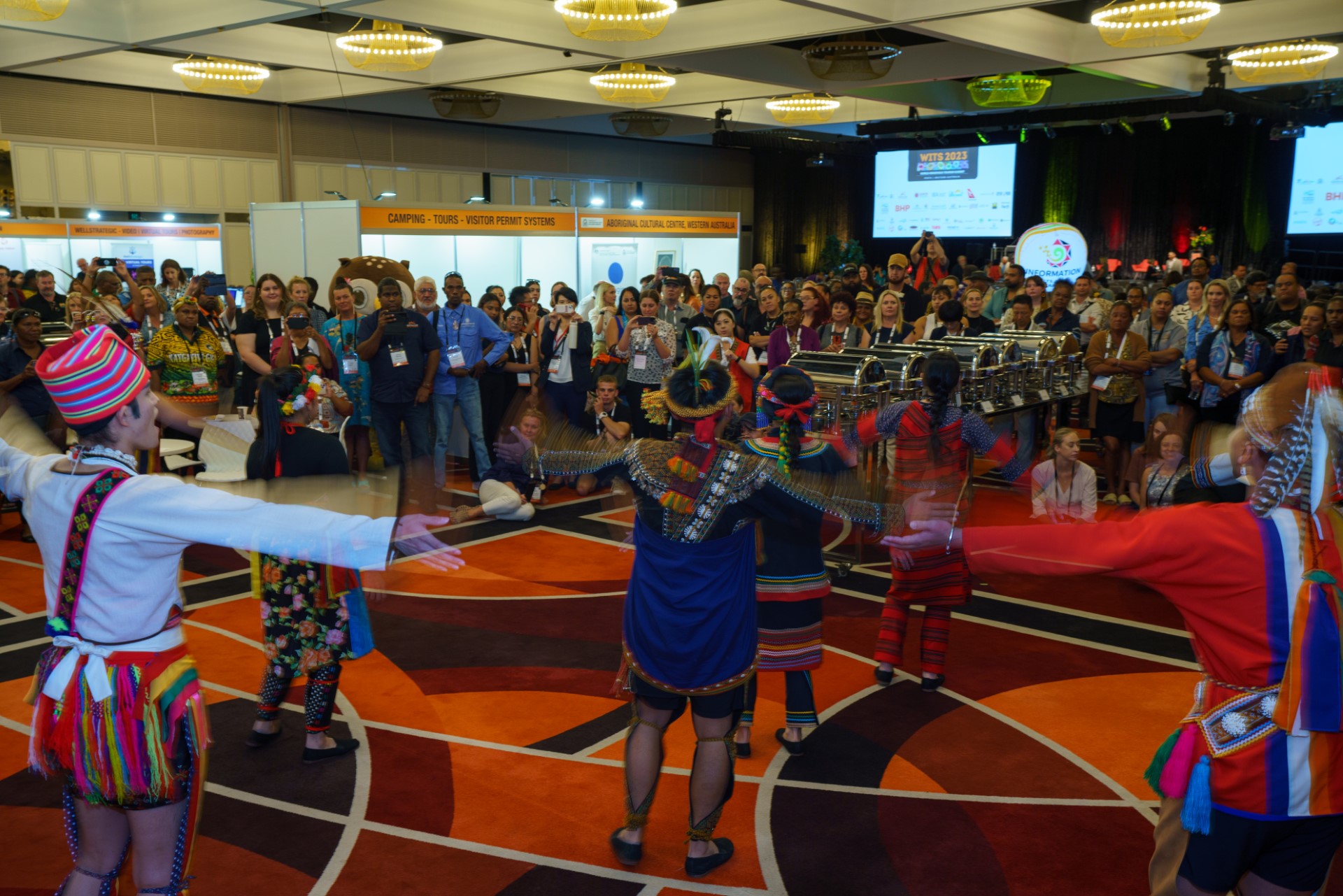The interplay between Indigenous tourism and sustainable development goals (SDGs) presents a unique opportunity to bridge traditional knowledge with modern sustainability practices. Through a detailed analysis of Indigenous tourism enterprises in Fiji, Australia, and Aotearoa New Zealand, a recent study delves into how these enterprises, often operating with low awareness of the SDGs, inherently embody the spirit of many SDGs through their values and operations. This analysis illuminates the profound alignment between Indigenous values—particularly those emphasizing the intrinsic connection between nature and culture—and the objectives outlined in the SDGs. By exploring case studies across these regions, the research uncovers the natural synergy between Indigenous approaches to tourism and broader sustainable development aspirations, offering insights into how tourism can serve as a conduit for respecting Indigenous priorities while advancing global sustainability goals.
Indigenous Values and Sustainable Development
Indigenous tourism enterprises demonstrate a natural alignment with several SDGs, including those focused on economic growth, environmental sustainability, and cultural preservation. Despite a general low awareness of the specific goals, these enterprises operate in ways that significantly contribute to sustainable development. Key findings from the research highlight:
- Cultural Integrity and Spiritual Beliefs: Indigenous-owned tourism businesses are deeply rooted in cultural integrity and spiritual beliefs. These beliefs not only guide their operations but also promote environmental respect and sustainability. For instance, the Whanganui River in New Zealand is treated as a living entity, reflecting a holistic approach to environmental stewardship that transcends conventional sustainability practices.
- Guardianship vs. Management: A distinctive feature of Indigenous tourism enterprises is their emphasis on guardianship rather than mere management of natural resources. This approach, deeply embedded in Indigenous values such as the Māori concept of kaitiakitanga, fosters long-term conservation and protection, offering a more profound and integrated perspective on sustainability.
- Values-Based Motivation: Indigenous tourism operations are motivated by values that extend beyond profit. They prioritize cultural preservation, community well-being, and environmental integrity, demonstrating a commitment to holistic and equitable development that aligns with the essence of the SDGs.
Bridging Indigenous Practices with SDGs
The study advocates for the integration of Indigenous values and lifeways into the SDG agenda, arguing that such an approach can enhance the effectiveness and relevance of sustainable development efforts. Recommendations include:
- Acknowledging Indigenous Priorities: Recognizing and incorporating Indigenous priorities and values into the SDG framework can ensure that development initiatives are more inclusive, respectful, and effective. This involves going beyond economic metrics to include cultural, spiritual, and environmental dimensions of well-being.
- Supporting Indigenous-led Development: Indigenous tourism offers a model for sustainable development that balances economic, social, and environmental objectives. Supporting these enterprises through policy, investment, and collaboration can amplify their impact and contribute to the achievement of SDGs.
- Learning from Indigenous Knowledge: Indigenous approaches to resource management, community engagement, and sustainable living offer valuable lessons for global sustainability efforts. Integrating Indigenous knowledge into the implementation of SDGs can foster more resilient and adaptive strategies for sustainable development.
Conclusion
Indigenous tourism enterprises embody a comprehensive approach to sustainability that aligns with the goals and aspirations of the SDGs. By valuing the intrinsic connection between nature and culture, emphasizing guardianship over resources, and prioritizing community and environmental well-being, these enterprises offer a path toward sustainable development that is both inclusive and effective. The study underscores the importance of integrating Indigenous perspectives into global sustainability efforts, suggesting that a more inclusive approach to the SDGs can benefit both Indigenous and non-Indigenous communities alike.


